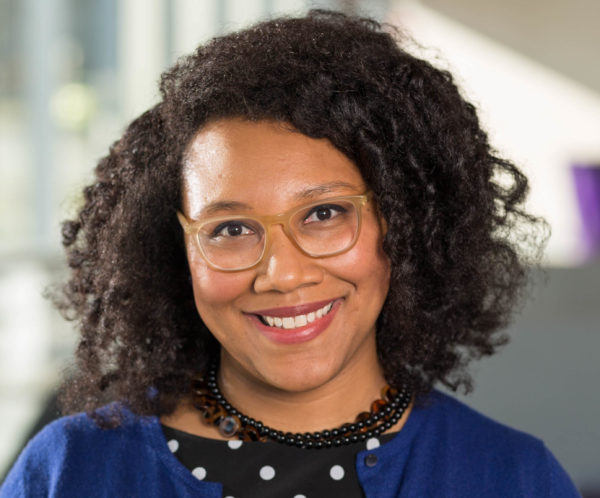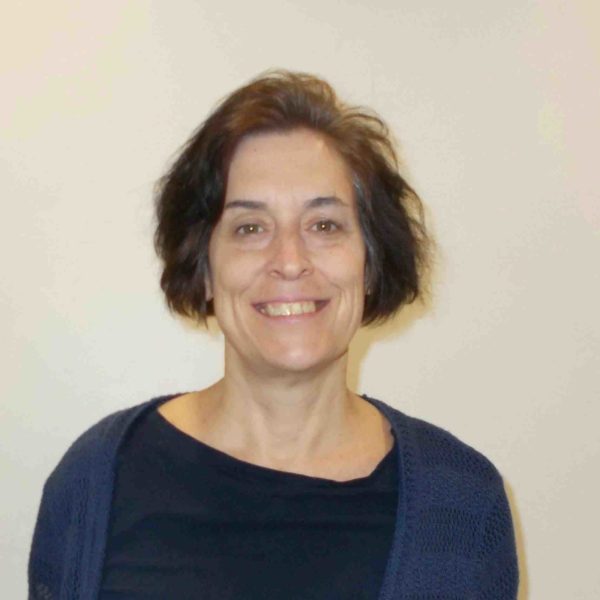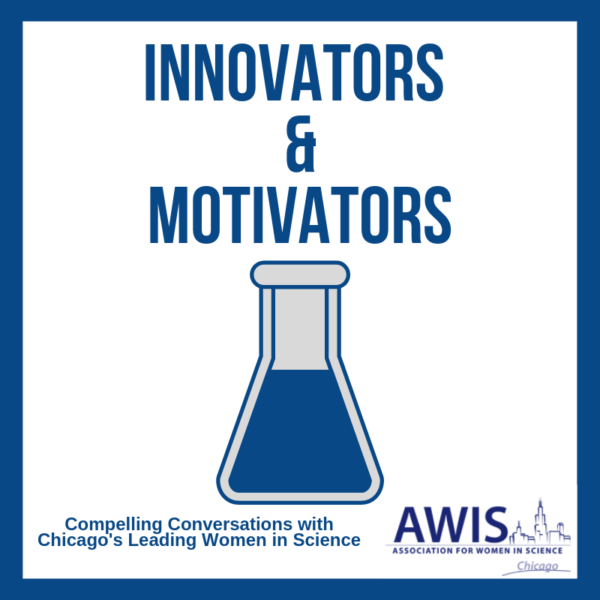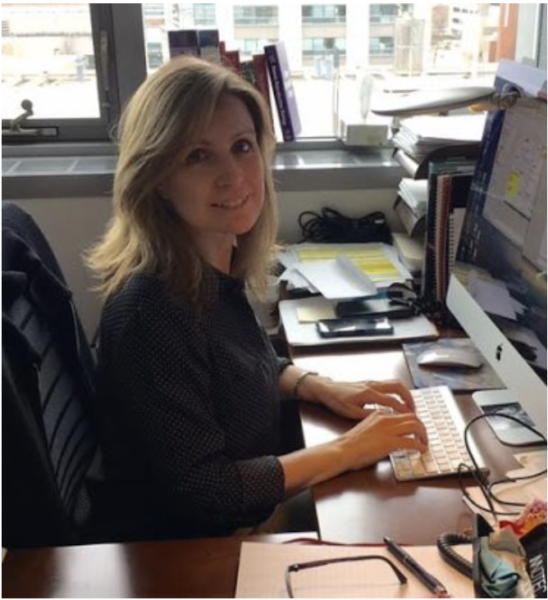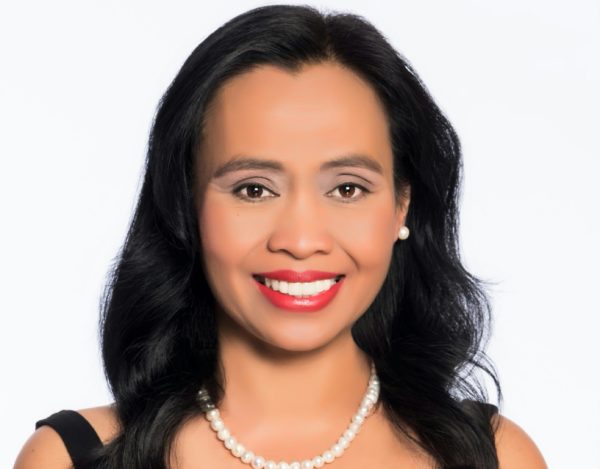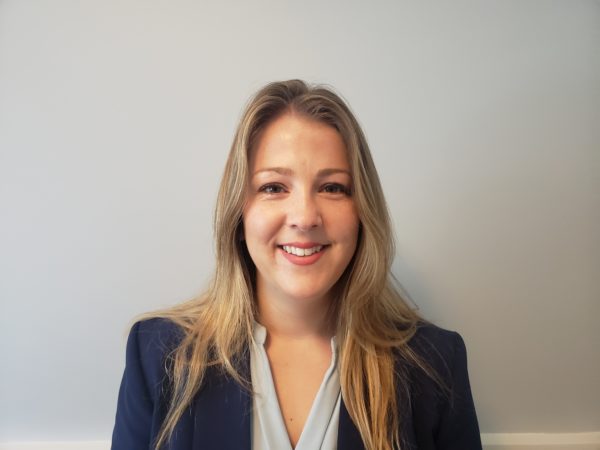
By Phalguni Shah
“Happiness is more than waking up and smiling every day. I really think it is finding a deep meaning in what you are doing, [even though] it might not always be the most fun thing. For me, success is not being bored and keeping myself intellectually stimulated.”
On Earth Day 2020, I had the opportunity to interview Jennifer Bogs, the Environmental Manager at Great Lakes Coca-Cola Bottling. Bogs develops environmental policies and communicates compliance best practices for the company. With a background in the environmental sciences, business, as well as law, she has carved out a unique career at the crossroads of STEM and law.
“I feel like I’ve always worked,” Jennifer says, laughing. She recalls starting a job just one day after graduating college. Before going to business school, she worked in consulting and thoroughly enjoyed communicating with and learning from professionals from different fields such as science, engineering, and business. Bogs went into law school with an unusual intent of not working at a law firm upon graduation. Her aim was to work at the intersection of business and public interest, which led her on her fascinating career path.
As an environmental manager, Bogs spends her time on a wide variety of tasks such as designing policies and guidelines, conducting trainings, and communicating with environmental regulators. The best part of her job, according to Bogs, is that she can take actions to prevent environmental damage before it has happened. When asked about the most frustrating part, she expresses disappointment about “green-washing” in corporate culture, where many companies only consider sustainability as a marketing tool. This is why she enjoys seeing her deep passion for impactful sustainability spread to others. “It makes me very happy when I’ve taught someone how to fish, and they fish for themselves,” Bogs says.
STEM and law are both fields known to not have a lot of women, Jennifer admits. Though she recalls unfortunate gender bias during her student life, reminding herself of the bigger picture helped her stay focused on her goals. Bogs is grateful to have had great mentors who inspired her, and she stresses the importance of having had a network of like-minded peers she could rely on for support.
Jennifer enjoys spending her free time with her two kids. She also loves staying active and surrounded by nature. Going for a run or hiking in a forest preserve is her go-to way to unwind from a busy week. She recalls receiving the best piece of advice from her business school professor: “You only get one reputation in life.” According to Bogs, it is especially relevant for a career in environmental law. When asked what advice she would give her early-career self, she remarks, “Don’t discount the time that you have for yourself.” She adds that investing in a hobby or having a personal side project can help you persevere through the challenging phases of your career.

